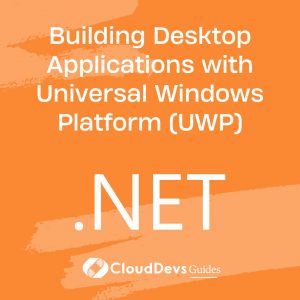What is Entity Framework?
Entity Framework (EF) is an open-source object-relational mapping (ORM) framework for .NET applications developed by Microsoft. It provides a powerful and flexible way to interact with relational databases using strongly typed C# or VB.NET code, eliminating the need for developers to write complex SQL queries manually.
At its core, Entity Framework bridges the gap between the object-oriented world of .NET programming and the relational world of databases. It allows developers to work with database entities (tables) as if they were regular .NET objects, simplifying data access and manipulation tasks.
Entity Framework consists of several key components:
Object-Relational Mapping (ORM): Entity Framework maps database tables to .NET classes and database columns to class properties, allowing developers to interact with database entities using familiar object-oriented techniques. This abstraction layer hides the complexities of database interactions and enables a more intuitive and productive development experience.
LINQ Support: Entity Framework integrates seamlessly with Language Integrated Query (LINQ), allowing developers to write expressive and type-safe queries using C# or VB.NET syntax. LINQ queries are translated into SQL queries by Entity Framework, enabling efficient data retrieval and manipulation operations.
Automatic Change Tracking: Entity Framework automatically tracks changes made to entity objects and synchronizes those changes with the database during save operations. This simplifies the process of updating, inserting, and deleting records in the database, reducing the amount of boilerplate code developers need to write.
Code-First and Database-First Approaches: Entity Framework supports both Code-First and Database-First approaches to database development. With Code-First, developers define database entities using .NET classes, and Entity Framework generates the corresponding database schema. With Database-First, developers start with an existing database schema and generate .NET classes that represent the database entities.
Migration Support: Entity Framework includes migration tools that allow developers to manage database schema changes and updates over time. Migrations enable developers to evolve the database schema alongside the application code, ensuring consistency and reliability throughout the development lifecycle.
Entity Framework is a powerful ORM framework for .NET applications that simplifies data access and manipulation tasks by providing a seamless integration between object-oriented programming and relational databases. With its support for LINQ, automatic change tracking, and migration capabilities, Entity Framework enables developers to build scalable and maintainable data-driven applications with ease.







